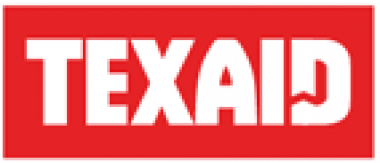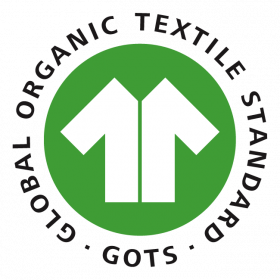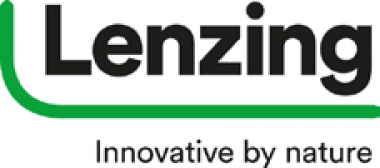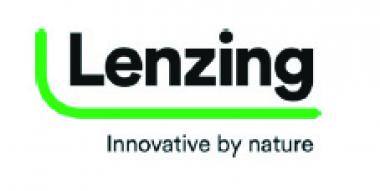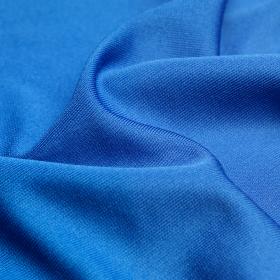TEXAID x Triumph: Expansion of international in-store collection program
As a leading company in the collecting, sorting, reselling and recycling of post-consumer textile waste, TEXAID has enabled the recycling of post-consumer textile waste into new textiles and clothing. Working together with brands and retailers, TEXAID and our partners are continuing to take action to shift from a linear to a circular system.
Since 2022, TEXAID has partnered with Triumph International, operating their in-store collection program, “Together We Grow”, for 160 stores across Austria, Denmark, France, Germany, the Netherlands and Switzerland. Given the success of the program, starting April 2023, in-store take back has been expanded to an additional 108 stores across Belgium, Czech Republic, Hungary, Luxembourg, Poland, Portugal, Sweden and Spain. Customers bring in their worn garments and TEXAID manages the collected clothing in alignment with the EU waste hierarchy, sending each item to its next most sustainable lifecycle. TEXAID is pleased to be partnering with Triumph International to offer in-store take back, at scale, across Europe. For every 5 kg collected, Triumph plants a tree in partnership with Treedom.
To move away from the linear system and enable products to be made out of post-consumer textile waste, TEXAID continues to expand its offering for in-store collection programs throughout Europe and the USA.
TEXAID Textilverwertungs-AG













